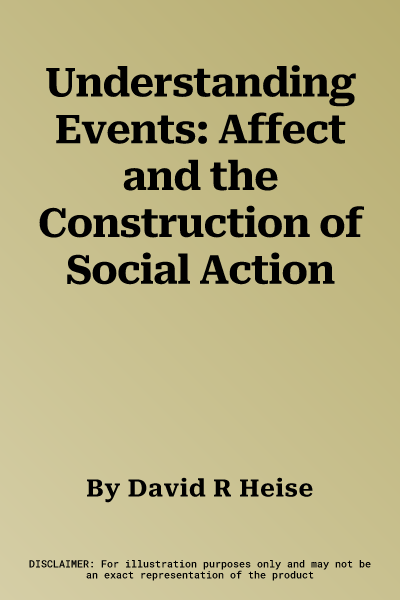David R Heise
(Author)Understanding Events: Affect and the Construction of Social ActionHardcover, 30 November 1979

Temporarily out of stock
Free Delivery
Cash on Delivery
15 Days
Free Returns
Secure Checkout

Part of Series
American Sociological Association Rose Monographs
Part of Series
Hulsean Lectures in the University of Cambridge; 1978
Print Length
208 pages
Language
English
Publisher
Cambridge University Press
Date Published
30 Nov 1979
ISBN-10
0521225396
ISBN-13
9780521225397
Description
Product Details
Author:
Book Format:
Hardcover
Date Published:
30 November 1979
ISBN-10:
0521225396
ISBN-13:
9780521225397
Language:
English
Location:
New York
Pages:
208
Publisher: